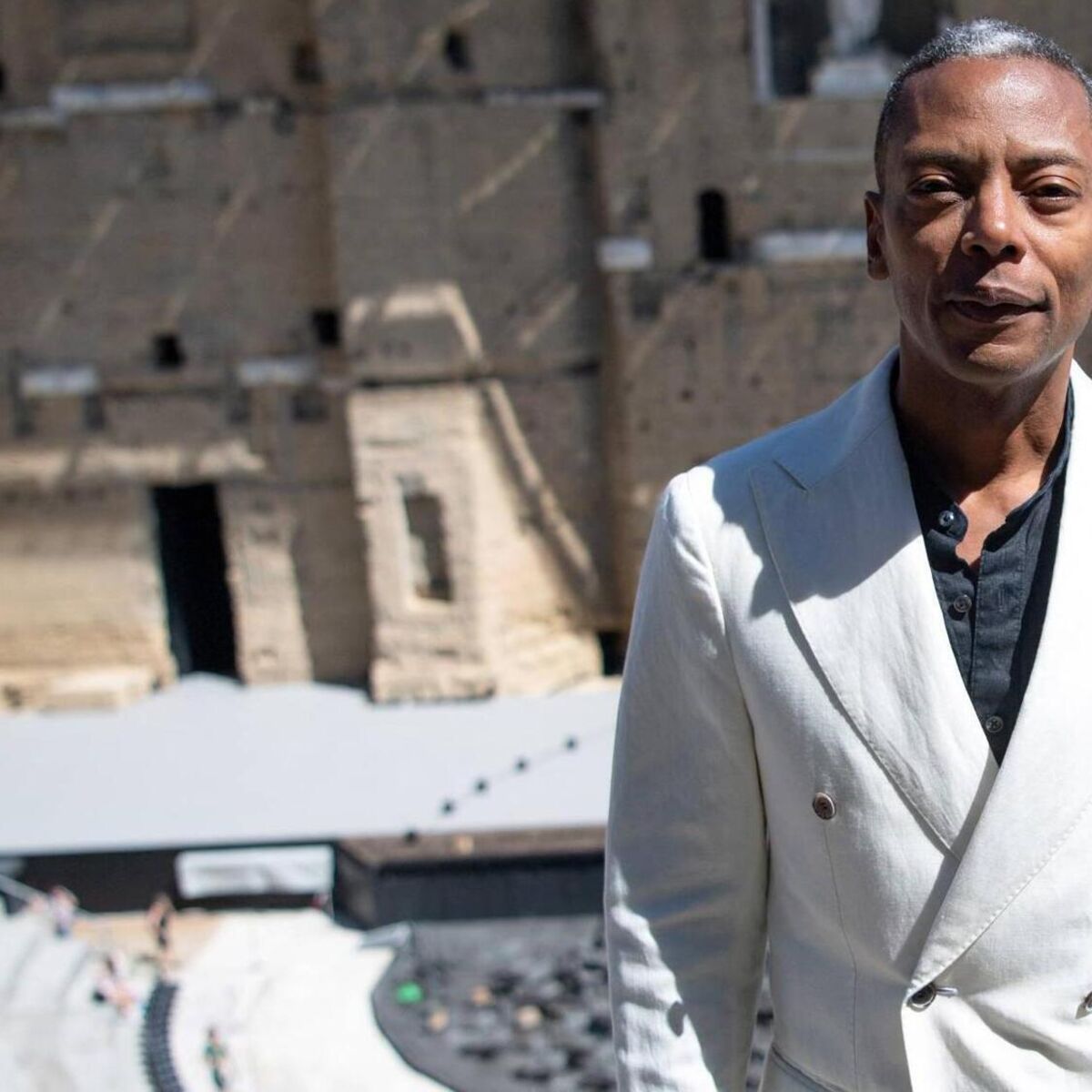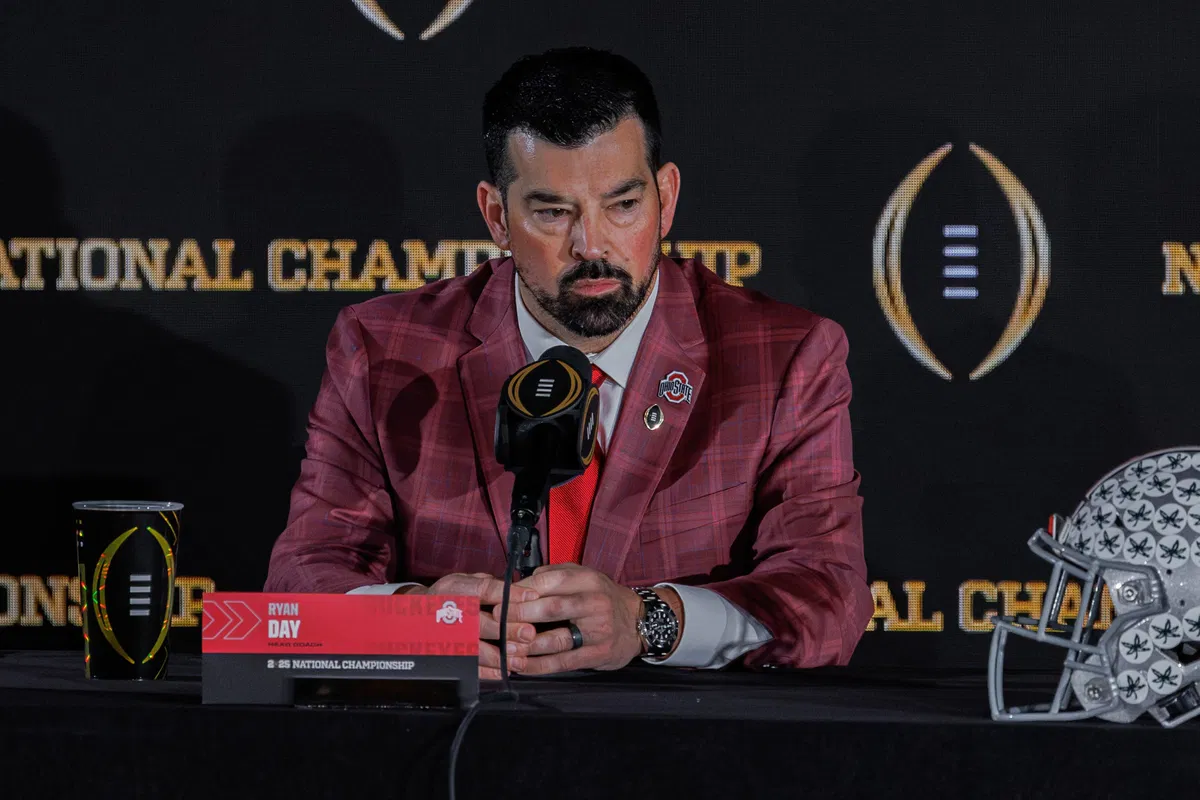Copyright irishexaminer

“It was a collection of a lot of different things from everywhere, from southern Italy to Belgium to Detroit and Chicago. A combination of what was happening in the world in the year 1995.” Thirty years later, Mills returns to Cork on Sunday, October 26, when he brings his Tomorrow Comes the Harvest project to the Opera House as part of the city’s Jazz Festival. Having started as a get together with the late afrobeat drummer, Tony Allen, Tomorrow Comes The Harvest has mutated into a semi-improvised blend of jazz, funk and ambient music and will release a new album, The Forbidden Planet, in February. What it shares with his 1990s work is a spirit of adventure and daring – the difference is that, instead of standing behind two turntables, Mills is collaborating with Indian tabla player Prabhu Edouard and Guyanese keyboardist Jean-Phi Dary. The promise with Tomorrow Comes the Harvest is that no two concerts are the same. Each night, Mills, Edouard and Dary soak up the vibes of the room and of the audience and set off for musical parts unknown – beginning with a groove or a keyboard line, they might whip up a storm of funk or pivot into a jazz instrumental. There’s no telling – they certainly have no idea – and that is part of the excitement. “It’s in the spirit of jazz. Freedom – it’s in the spirit of that. But is it classic jazz? It could be. Is it electronic music? It could be,” Mills says from his home in Miami, where he spends part of the year (he also has a base in Paris). “Is it many other things? The potential is always there.” Mills has always been about big concepts. With Liquid Room and the Sir Henry’s gig, he aimed to introduce listeners to the incredible house music bubbling up in Detroit and Chicago. In the case of Tomorrow Comes the Harvest, the goal is to encourage the audience to live in the moment. So much of culture today is injected into our eyeballs: we are encouraged to constantly scroll and swipe for the next distraction. With Tomorrow Comes the Harvest, Mills’s message is simple: take a breath and exist, if only a moment, in the here and now. “You’re able to express yourself in the moment,” he says – meaning that he and his fellow musicians can put their cares to one side and think about nothing but the music they are making at that instant. “And I guess not really having to think about it later and not have to deal with the consequences of it.” Tomorrow Comes the Harvest is also about human connection. Mills is from the American Midwest and the fading heartland of the US motor industry. Dary is French-born, Edouard from India. At the Guinness Cork Jazz Festival, they will be worlds away from where they grew up – and yet they will stand among friends as they deliver an improvised performance that nobody will ever hear again. There is something very special about that, Mills feels. “Finding ways to be able to connect to people that you did not grow up with, that's not in your community, that's not in your environment – but yet, you have to communicate and find a way to be able to connect to them and build these bridges. We are on the stage playing our instruments. I'm not using a computer. Approaching it in a more hands on and a more natural way, without the assistance of anything behind it is interesting.” Mills was among the first generation of producers and DJs to emerge from the Detroit techno scene, along with peers such as Derrick May and Juan Atkins. Their music was hugely influential – without it, the dance revolution that subsequently sent shockwaves across Ireland and the rest of Europe would not have occurred. But in America, their contribution was overlooked and even written out of popular history. Detroit techno was multicultural, and America has always preferred its music along stark racial divides.When it finally did embrace dance music with EDM, it was in the “whitest” way possible, with DJs, often from Europe, playing to a middle-class frat boy audience. Mills isn’t surprised by any of this. Welcome, he says, to the story of the United States. “In America, we have this bad habit of not paying attention and not giving certain things recognition when they come from certain people. It’s a bad habit. It was the same with jazz and many other things. So this country has many times in the past missed the opportunity. And Europeans and people outside the country recognise that this [Detroit techno and Chicago house] was something special. They connected to it and enhanced it, and matured it. They created scenes, industries, art forms, and everything. That led to the advancement of electronic instruments and software and all types of things. “America could have embraced these artists. It chose not to. These are things that the Americans could have. Because of the way this country and the people are connected to one another, it continues to prevent a lot of things from happening and a lot of possibilities. And then, you know, we are a capitalist country. We have no problems confessing that we're about money and industry - but to a certain limit, to a certain extent. "Dance music, electronic music should have been something that Americans dominate. But because of the media apparatus and the way that the public is informed, a community of black guys from Detroit – it is never going to be good enough.” As someone who lives on the cutting edge, he has watched with fascination the rise of AI in music. The subject is hugely controversial today – though it is interesting that, just a few years ago, experimental artists such as Holly Herndon were utilising machine learning as a creative tool. Nowadays, confessing publicly to using AI is likely to have a musician burned at the figurative stake. “It’s frightening and exciting,” Mills says. “What we're dealing with is something that is going to bridge us into the future of the way that we’re going to be. Obviously this technology is going to be used at the latter part of the century. To be able to be dealing with it now in these early stages is exciting – seeing how it's becoming more and more intelligent, it’s developing more how people find ways how to use it. It’s completely different." Mills adds that he would never have imagined this in the 1980s. "It’s incredibly exciting – and I think we need to be careful not to think less of ourselves because the technology is thinking more of ourselves. I think we need to think of other things to do and to maybe find other ways to make ourselves more useful.” Jeff Mills presents Tomorrow Comes the Harvest play Cork Opera House as part of Guinness Cork Jazz Festival on Sunday, October 26. Support from Fish Go Deep DJ Shane Johnson. The Forbidden Planet will be released later this year. See www.corkoperahouse.ie/whats-on/gcjf-jeff-mills-presents



